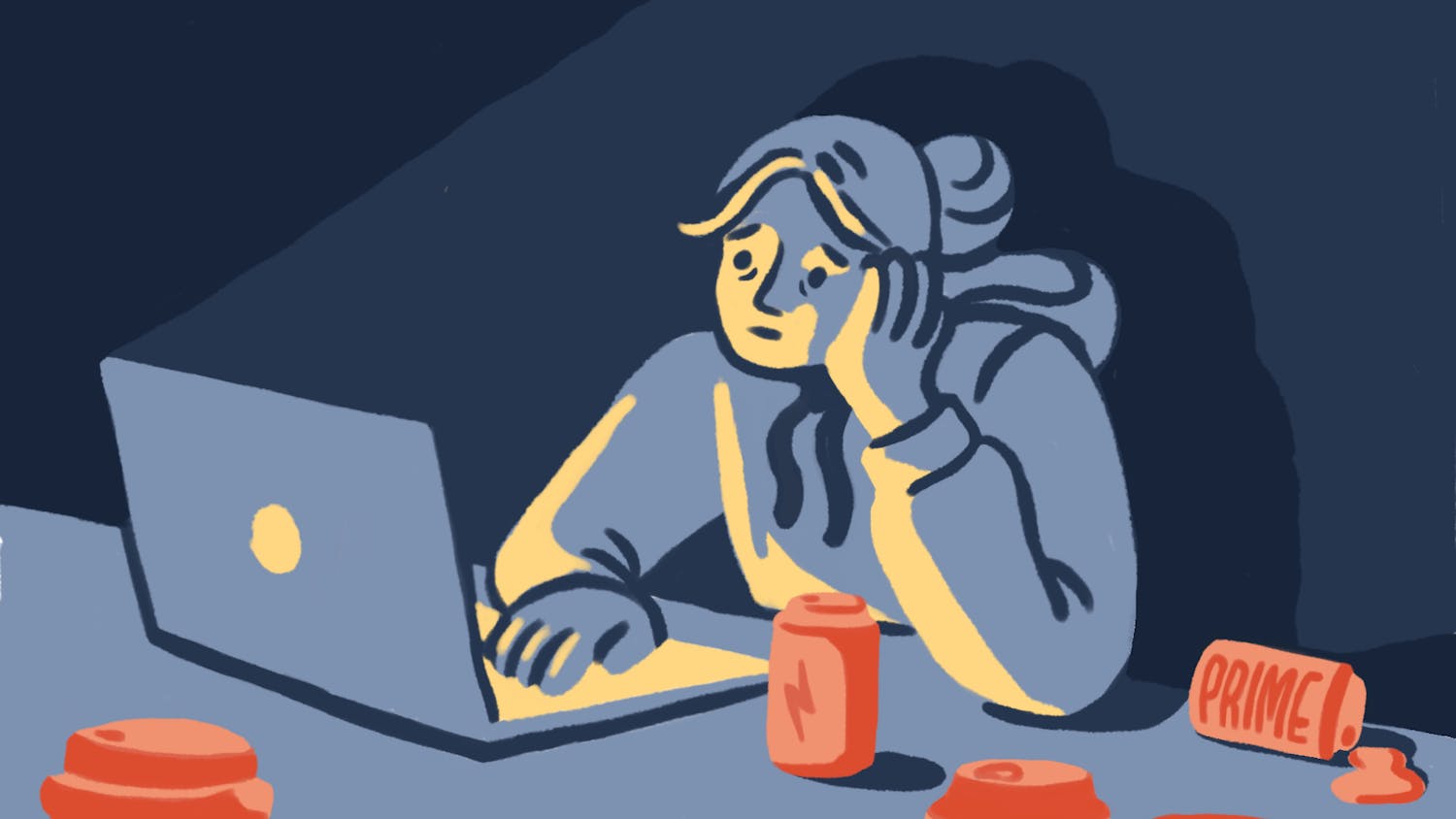This winter, students and faculty are collaborating with the Rhode Island Philharmonic Orchestra and Music School and the Los Angeles-based Miracle Project in hopes of launching a program that offers arts education and therapy for individuals with autism in Rhode Island and Massachusetts.
So long as it receives sufficient funding, the program will start this February and run for 12 weeks, serving students aged seven to young adults on all ranges of the autistic spectrum. The program is a continuation of Miracle Project New England, a “tremendously successful” collaborative piloted in Providence this past summer that used “music, dance and theater to bring out the often unheard voices of those on the spectrum,” according to Miracle Project founder Elaine Hall.
After receiving a grant from Bailey’s Team for Autism and an endowed grant from the Daniel Jordan Fiddle Foundation, University faculty members partnered with community organizers to create a week-long expressive arts camp with programming inspired by the Miracle Project’s “Inclusion from Within” methodology. Unlike traditional autism therapy techniques, which try to “fix” people, Hall said the Miracle Project’s approach focuses on building self-esteem and fostering understanding, allowing neurotypical individuals to participate alongside their autistic peers to “grow in compassion and insight (toward) people who learn and experience the world differently.”
“It’s very much focused on individual expression and honoring each child, young adult or aging adult for who they are and what they contribute. So much of their lives are about how they don’t measure up, how they don’t fit in, and this is a place that celebrates their uniqueness,” said Profesor of Theater Arts and Performance Studies Rachel Balaban.
The upcoming project grew out of Julie Strandberg and Rachel Balaban’s “Artists and Scientists as Partners” course, which explores the impact of art on people with neurological disorders, specifically autism and Parkinson’s disease. The course is interdisciplinary, fusing theater arts, neuroscience, public health, biology and anthropology. It allows students to become “ethnographers and participant observers,” so as to better understand neurologically affected populations, Balaban said. Hall has been a guest lecturer to Strandberg and Balaban’s class for the past five years, and it was through their conversations that the idea for the Miracle Project New England program emerged.
The winter program’s inception will depend on whether or not the partners receive a grant from the National Endowment for the Arts, Balaban said. “The idea is we’d do this (program) over a long period of time and develop methods to see how theater training and the expressive arts support these social skills and build confidence and reduce stress within children and young people on the spectrum. … We’re still piloting this, so it’s a little bit unknown,” Balaban said.
Steven Sheinkopf, associate professor of psychiatry and human behavior, said this project will be “a wonderful opportunity for undergraduates to participate in a clinical research venture.” If they receive the necessary funding, the team will be able to form “a rather unique collaboration between the clinical research side at the hospitals and the folks like Balaban on the performance arts side,” he added.




